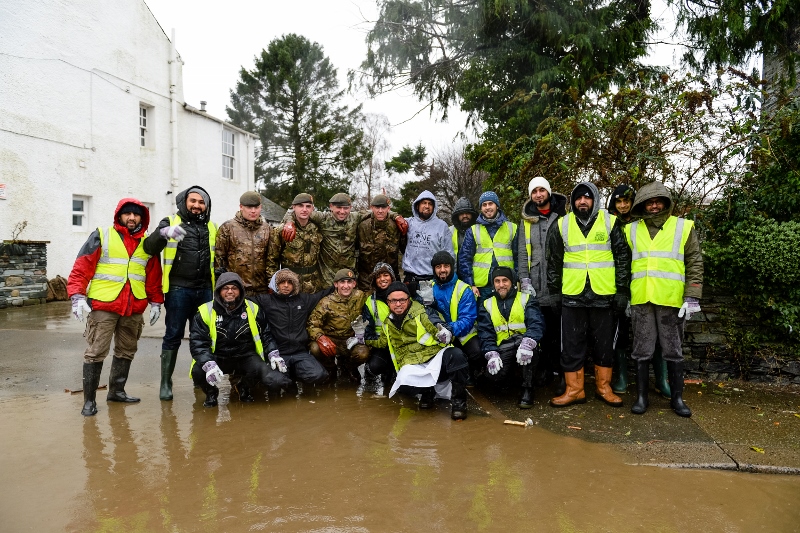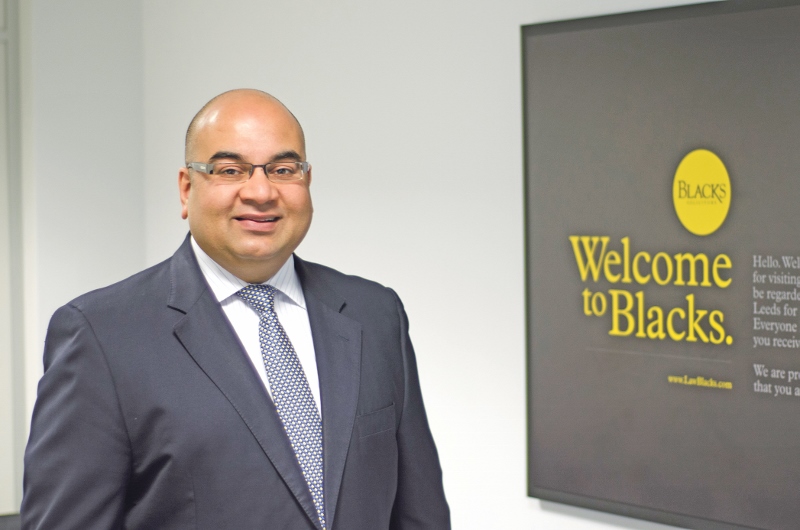
Leeds councillors to discuss how to make the city’s transport safer
With the north of England still in the spotlight following Rotherham’s sexual abuse scandal, senior councillors in Leeds are meeting up to discuss how they can keep taxi passengers safe in the city.
Cllr James Lewis, executive member for resources and strategy said: “The safety of the public travelling around our city is paramount and it is our responsibility to minimise any risk posed to people using a taxi or private hire vehicle.”
He added: “Of course, the majority of our drivers are very professional and carry out their duties with no complaints or need for enforcement action but it is prudent that we regularly review our safeguarding policies and ensure we have robust checks in place when issuing and renewing licenses.”
Safeguarding is a complex issue and one which, according to council members, requires a partnership approach to deal with.
At the next meeting of the council’s executive board, on Wednesday 14th December, members will hear how work to improve safeguarding measures in taxi and private hire licensing has progressed over the past two years.
Following issues raised in the 2014 report into Child Sexual Exploitation in Rotherham about safeguarding controls in taxi and private hire licensing, Leeds City Council decided it was vital that they too reviewed their own safeguarding arrangements.
Although the original review concluded that Leeds’ own procedures and policies were comprehensive and effective, it was agreed there was still more which could be done.
The board will hear that the actions already taken include: compulsory safeguarding training for all drivers, operators and escorts; a change in policy for applicants born outside of the UK; the introduction of online annual criminal records checks and; a new reporting system to enable immediate enforcement action to be taken.
To ensure early intervention is possible, the council introduced annual, rather than three-yearly, online DBS checks which enable officers to not only carry out checks at the point of renewal but also random checks each month.
Of the 5,369 disclosures which were returned as part of this new process, 70 new convictions or cautions were revealed which had not been previously disclosed. Of these, officers considered it appropriate to revoke the licences of five drivers, with the remainder requiring formal warnings or additional training.
Since January 2015 nearly 3,000 licence holders have attended a Child Sexual Exploitation awareness session, which is now a compulsory part of the licence application and renewal process.
This training is aimed at educating drivers to help avoid misunderstandings and help them identify any potential issues whilst carrying out their day to day job.
Leeds has also introduced additional conditions for private hire operators to help monitor ‘out of town’ Hackney Carriages working in the city, which has been a significant concern since national deregulation was introduced last year.
In order to tackle this issue regionally, Leeds has joined forces with the other West Yorkshire authorities and York City Council to work cohesively on taxi and private hire licensing policy, decision making and enforcement capabilities.
This has included enforcement officers being given the authority to operate lawfully in other licensing districts across the region.














